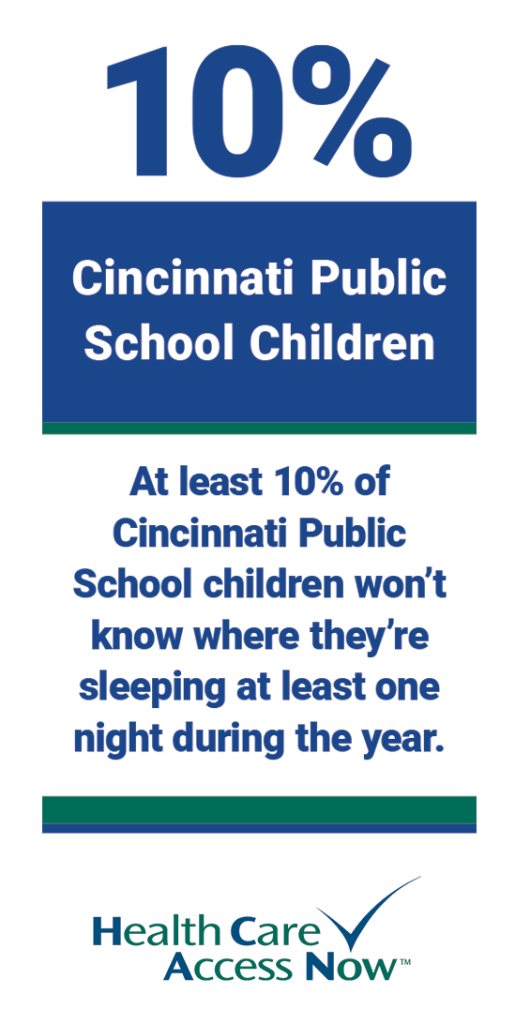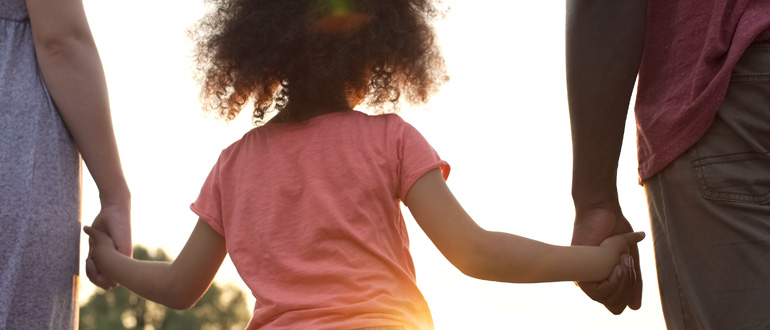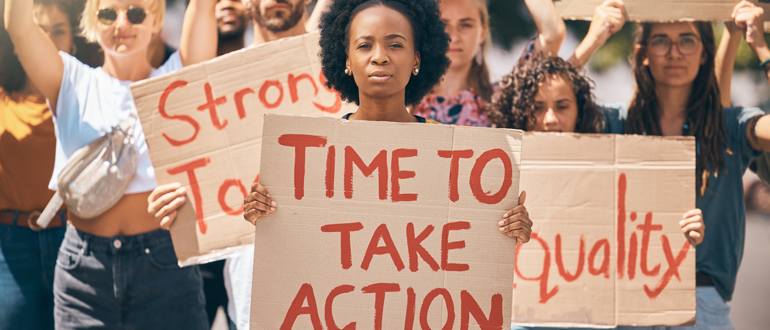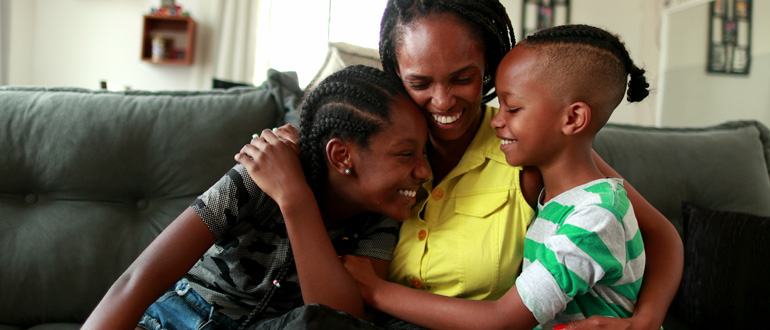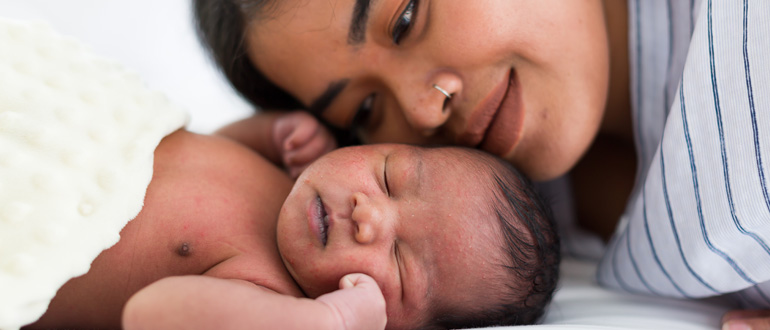Homelessness and health: Lifelong issues
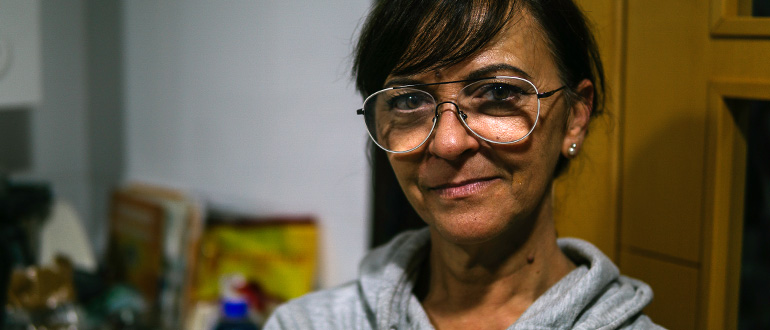
The Homeless Coalition’s advocacy efforts do an incredible amount for people who are at risk for or experiencing homelessness. The list of services is exhaustive, but Dr. Mark Mussman, Director of Education at The Homeless Coalition, concentrates on work that raises people’s understanding about homelessness.
Just a few of those initiatives include “walking tours in OTR [Over-the-Rhine] to help people understand what displacement and gentrification look like, a speaking program where people who have been or are experiencing homelessness share experiences with high school, college, church, and community groups, and alternative breaks with college students.”
During those breaks, students spend a week and half working with community organizations, learning and pitching in to provide direct services. “We also take them to city hall for council meetings and show them what advocacy looks like, so they can be a part of the movement to eradicate homelessness,” Mussman says.
What does homelessness look like?
Being homeless does not necessarily mean sleeping outside. People may experience homelessness but still have shelter. “They may be doubling up, living with family, or living in their cars,” says Mussman, adding that homelessness looks different depending on location.
At least 10 percent of Cincinnati Public School children won’t know where they’re sleeping at least one night during the year, he says. Each year, The Homeless Coalition holds a memorial to mourn people in the Cincinnati area who died early because they were experiencing homelessness. “Last year, there were 186 people; the youngest was nearly three months old.”
Homelessness is not a moral failing
People do not become homeless because they’ve made bad decisions. One big misconception is that people experiencing homelessness fall into that situation because of drug use or mental health issues.
In truth, it’s often the other way around, says Mussman. “People who lose their home experience trauma that stays with them for the rest of their lives. And the biggest triggers for drug use disorder are isolation, loneliness, and depression”—all of which are natural outcomes of experiencing homelessness.
Health and homelessness
Just like anyone else, people experiencing homelessness get sick—”but they get sick over and over again,” Mussman says, with “recurring disease turning into chronic disease.” This can be at least partially attributed to not having “a place to get better and recover.”
Beyond that, people in unsafe housing situations are exposed to environmental hazards like mold or pest infestations, which can exacerbate or cause health issues. People living outside face issues such as wet foot, a condition that can cause restricted blood flow to the foot, or frozen limbs. Either of those issues can result in amputation.
Homelessness severely limits the options that people have. “They’ll put off appointments because they can’t afford care or can’t take time off work.” All of this adds up to a shortened lifespan. The average age of death for a woman experiencing homelessness is 52; for a man, it’s about 56.
It becomes about survival
Mussman shares his appreciation for organizations in Cincinnati, such as NeighborHub Health, that cater to people who cannot access medical care through ordinary channels. Health Care Access Now (HCAN) trains and dispatches Community Health Workers to help marginalized populations, such as those experiencing homelessness or housing insecurity, to attain resources that can help them overcome barriers to good health outcomes.
Despite the best efforts of organizations working to eradicate homelessness and provide direct services, “The reality is that we live in a society structured to ensure homelessness,” he says, citing not enough affordable housing and unlivable wages as drivers. “There also aren’t enough housing protections to make sure people can stay in their homes.”
Mussman states that our capitalist system has created a “permanent underclass,” where people have no opportunity for upward mobility. “Statistically, if you’re born poor, you stay poor,” he says. “Jobs don’t keep up with the cost of living, and the assumption that if we work harder, we will make more money—it just isn’t true.”
When you’re experiencing homelessness, life becomes about survival. “You think about today,” he says. And even if you survive, and even if you discover a path out of poverty, having experienced homelessness continues to affect people’s mental and physical health throughout their lifetimes.

